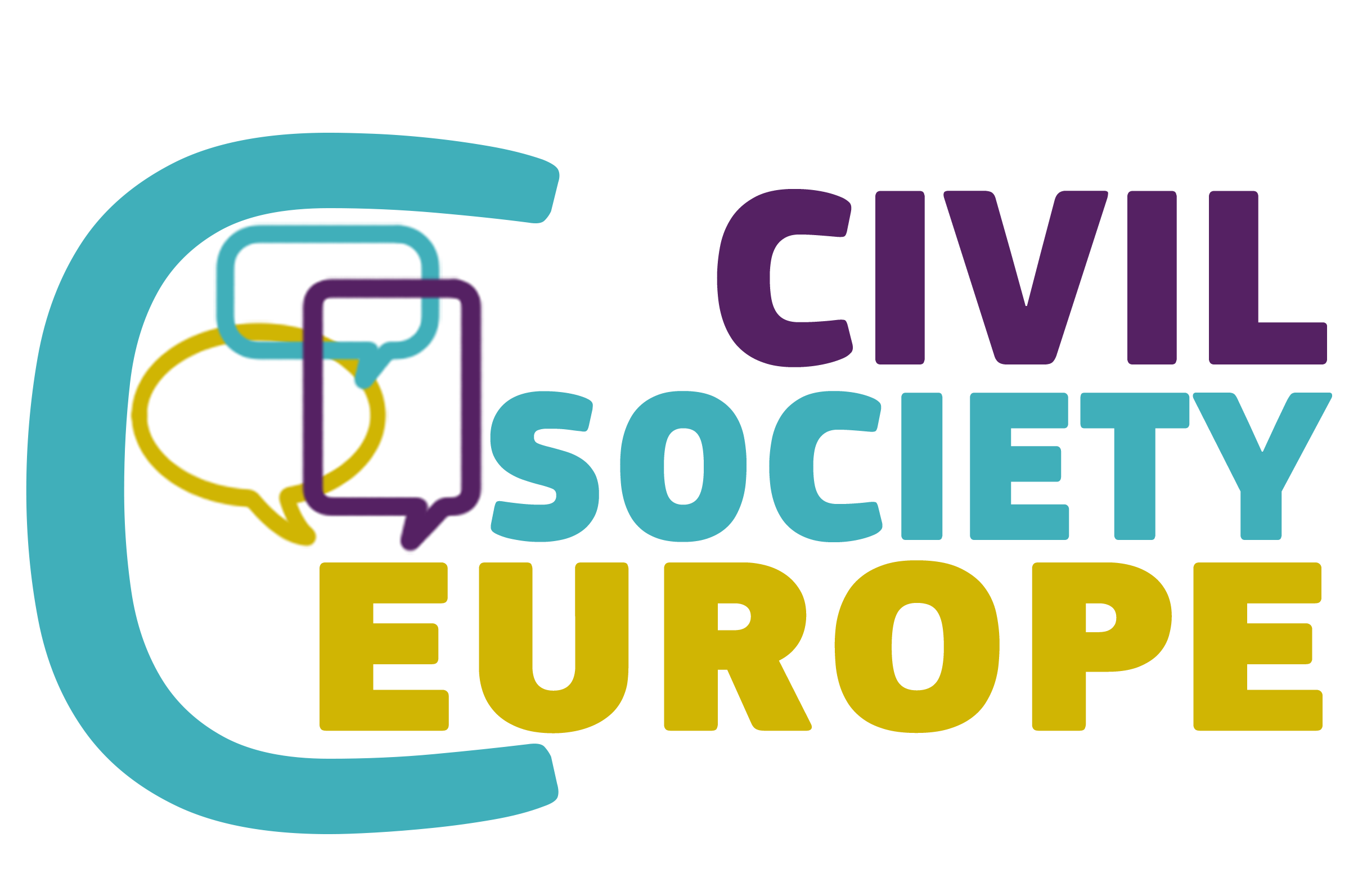Ahead of the presentation of the European Court of Auditors on 29 January of their Special report on “Transparency of EU funds implemented by NGOs” CSE would like to share the feeedback of civil society platforms at EU level .
We would like to put this report in perspective as the report does not with the implementation of the funds by NGOs, but rather on the systems that the EU has in place to ensure transparency of EU funds. Also the report covers no more of 1,7% of EU funds and in reality less because of inconsistent definitions used by the Commission.
We agree with the ECA that progress needs to be made as regards the use of a consistent definition: whether its is for “not for profit associations” or for “NGOs”, for instance through harmonised guidance on self declaration. Common guidelines on NGO definition to be used in grant applications would allow to better identify NGOs, and therefore also to measure EU contribution to strengthening civil society organisations whose work is an essential part of a healthy, functioning democracy, whether in the EU or externally. We also believe that NGOs should not be singled out, as inconsistencies in data and limited access to information on beneficiaries is an issue for all categories of beneficiaries. Transparency should be enforced for all categories of beneficiaries.
In addition, so-called ‘shared management’ funding – including agriculture and structural investment, which represents 80% of the EU budget, – is not centrally searchable online in a comprehensive data base. In addition, we consider that the database should contain amounts actually paid and not those committed to ensure consistency with beneficiaries’ accounts and national registers, and allow better scrutiny.
We note that the European Commission has made progress in the transparency of allocation of funding in the external area compared to other areas of direct implementation. We welcome these improvements, notably through the development of framework partnership agreements, which also bring further assurance to beneficiaries and match better NGOs own reporting and monitoring systems.
We also welcome simplification in the recently adopted financial regulations. Rules are often difficult to understand and even implemented differently by different European Commission officials, which is unhelpful and confusing for beneficiaries, and lead to unnecessary errors. The latest annual ECA reports show that financial rules simplification can lead to a lower percentage of errors.
Of course, we are ready to cooperate with the European Commission to ensure implementation of the recommendations of the European Court of Auditors.
We are at your disposal for further information. Please here find our full statement.
We have also produced: CSE Fact Sheet on NGO funding by the EU.


